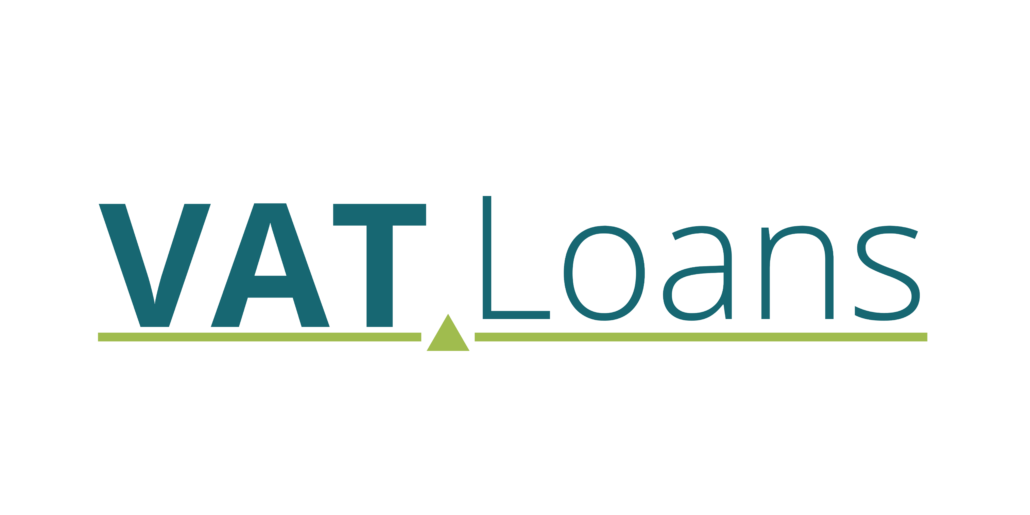A Thorough Guide to Loan Documents Submission
Have you ever wondered what kind of documents you need to provide when applying for a loan? It can be a daunting task to figure out what needs to be submitted, especially if you have never applied for a loan before. That is why we have created this comprehensive guide to help you understand what loan documents are required and why they are important. In this article, we will cover a thorough guide to loan documents submission.
Business Plan
One of the most important documents when applying for a loan is your business plan. This document should contain a detailed description of your company, your business model, your target market, and your financial projections. It is essential to show the lender that you have a clear understanding of your business and that you know how to make a profit. Your business plan should be well-written and easy to read.
Financial Statements
When applying for a loan, you will need to provide financial statements that show the financial health of your business. These statements should include your income statement, balance sheet, and cash flow statement. They should be up-to-date and accurate so that lenders can evaluate your ability to repay the loan. Financial statements also show the lender whether you have enough cash flow to cover your operating expenses.
Tax Returns
Tax returns are another crucial document that lenders will request, including personal and business tax returns. Most lenders require three years of personal tax returns coverage to evaluate your overall financial position. Business tax returns will be used to look at your business’s profitability, losses, and liquidity. If you don’t have everything filed on time, have a letter explaining why.
Collateral Documents
Loan applications need to be secured through collateral documents. When securing a loan, lenders will request items like real estate titles, certifications such as insurance, or other assets titled under the borrower’s name. Collateral documentation supports the lender in case the borrower defaults on their loan.
Industry-Specific Documentation
Finally, Industry-specific documentation may be required by a lender to verify further information. Some common requests include business licenses, permits, and certifications from regulating entities in fields where a license is a requirement. For healthcare businesses, certifications might be mandatory to ensure that the firm has a valid license to offer connected services. Make sure you research and understand any industry-related specifications relevant to your start-up or current business.
Contact Us
Applying for a loan can seem daunting, but having the necessary loan documents ready will make the process much smoother and increase the chances of getting approved. By providing a comprehensive business plan, accurate financial statements, and up-to-date tax returns, you can show the lender that you are a low-risk borrower. We hope this thorough guide has been informative and that you now know more about loan documents submission. Reach out to our team via our contact page, call us on 01494 956 871, or email us at [email protected].




